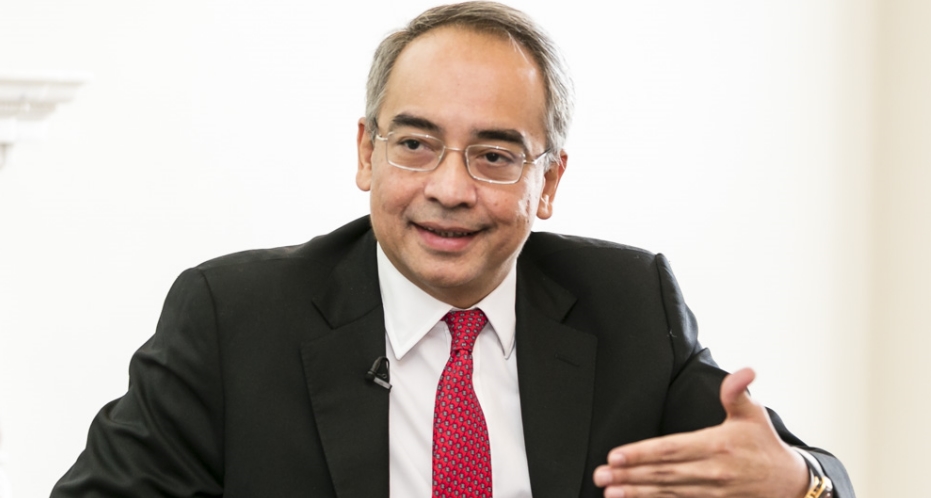Driving commercial and political engagement between Asia, the Middle East and Europe
Driving commercial and political engagement between Asia, the Middle East and Europe
Driving commercial and political engagement between Asia, the Middle East and Europe

Nazir Razak, the chairman of CIMB Group — one of the largest Asian investment banks and one of the world’s largest Islamic banks — says the UK’s decision to quit the EU demonstrates that the slow pace of regional integration of the Association of South East Asian Nations (ASEAN) is correct and that top-down integration is not sustainable.
In an interview with Asia House, Mr Razak, a long-time champion of deeper ASEAN integration, said: “Brexit will be sobering for those of us championing ASEAN integration and a great reminder that ASEAN should move at a pace that works for the majority of the people of ASEAN. “
The vision of the ASEAN Community as detailed in the 2007 ASEAN Charter is to create an integrated and cohesive economy for the whole of ASEAN with a free flow of trade, goods and services and skilled labour and investments.
The new AEC Blueprint 2025, agreed in 2015 in Malaysia, aims to achieve the vision of having an AEC by 2025 in which all 10 ASEAN Member States are both economically integrated and fully integrated in the global economy. But it stops short of advocating a single currency.
Mr Razak told Asia House that Brexit demonstrated that “top-down integration is not sustainable.”
“It [Brexit] is also a vindication of ASEAN’s steadfast focus on trade and investment and avoidance of single currency and other steps that have political implications,” he said.
Mr Razak, the brother of the Prime Minister of Malaysia Najib Razak, said: “Brexit has taken us by surprise, but it is a decision of the British electorate and we want to make the best of it.
“Those of us already invested in the UK will obviously have to bear some pain from the immediate drop in the sterling and valuation of assets generally. Hopefully, it is temporary and holding on for the long term will prove the right decision.”
Mr Razak said that the lack of clarity on the likely outcome of Brexit negotiations means it is difficult to make any forecasts.
“There are too many moving parts for us to be able to predict what happens going forward,” Mr Razak said. “Those already invested will hold on while those who haven’t will wait for greater clarity or a big enough discount to compensate for the uncertainties,” he said.
“While the UK as the hub for Europe no longer looks sensible, one would still want to wait for details before acting on it. I can’t even discount the possibility of a reformed Europe with Britain as a final outcome at this stage.”
Echoing other leading Asian business and government figures, he was optimistic that Brexit would lead to a strengthening of trade and investment ties with Asia.
“We expect the UK to quickly demonstrate greater eagerness for closer ties with the rest of the world and that could bring opportunities for us in Asia and especially for countries like Malaysia that have maintained strong socio-economic ties,” he said.
naomi.canton@asiahouse.co.uk
Asia House is hosting a signature conference titled ‘ASEAN on the Global Stage’ in partnership with KPMG on Friday, 16 September. It will bring together experts and senior business figures to discuss ASEAN’s future potential as a major global player. Lord Green, former Minister of State for Trade and Investment and former Group Chairman of HSBC and Tham Sai Choy, Chairman, KPMG Asia Pacific Region, are among the confirmed speakers at the invitation-only event. For more information click here.
To read about how Brexit has been covered in the Asian media click here.
To read more stories about Brexit on the Asia House website click here.
To read about the UK-ASEAN Dialogue held at Asia House in 2015 click here.
